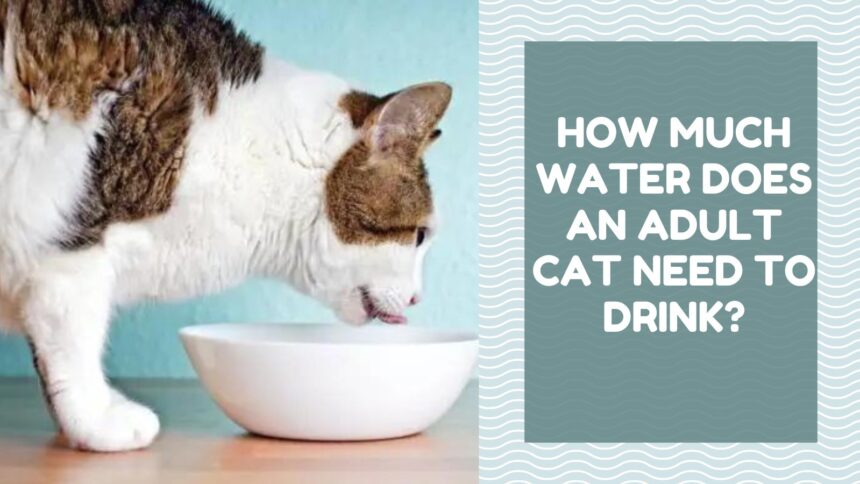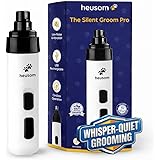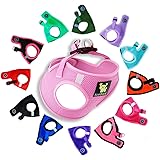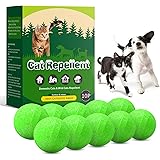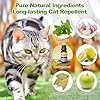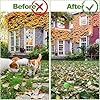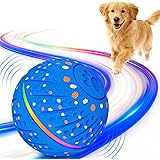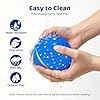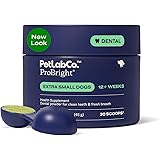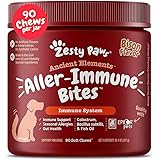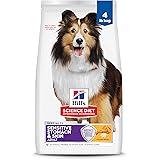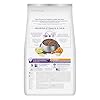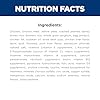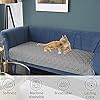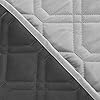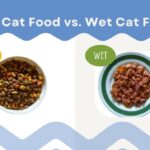Water is essential for a cat’s health. Proper hydration helps with many bodily functions and prevents health issues. Knowing how much water your cat needs can help you keep them healthy.
Water is essential for a cat’s health. It helps in digestion, regulates body temperature, and supports kidney function. Without enough water, cats can develop serious health problems like urinary tract infections or kidney disease.
Cats need a steady supply of fresh water to stay hydrated and healthy. Unlike dogs, cats often get much of their moisture from their food, especially if they eat wet cat food. However, they still need access to clean water every day.
How Much Water Does an Adult Cat Need Daily?
The general rule is that an adult cat needs about 3.5 to 4.5 ounces (100-130 ml) of water per 5 pounds (2.3 kg) of body weight every day. For a 10-pound (4.5 kg) cat, that means they need about 7 to 9 ounces (200-260 ml) of water daily.
Cats on Dry Food vs. Wet Food
- Cats on Dry Food: Cats that eat dry kibble need to drink more water. Dry food has about 10% moisture, which means your cat isn’t getting much water from their meals. If your cat eats only dry food, they’ll need to drink most of their daily water intake.
- Cats on Wet Food: Wet food contains about 75-80% water. Cats eating wet food might drink less water because they’re getting a lot of their moisture from their food. However, they should still have access to fresh water.
Factors Affecting Water Needs
Several factors influence how much water a cat needs. These include diet, age, weight, health, activity level, and the weather.
- Diet: The type of food your cat eats affects their water intake. Dry food contains about 10% water. Wet food has about 70-80% water. Cats that eat dry food need to drink more water. Cats that eat wet food get more water from their food and might drink less.
- Age and Weight: A cat’s age and weight affect their water needs. Older cats may need more water as their kidneys work less efficiently. Heavier cats generally need more water to support their larger body mass. Typically, a cat needs about 3.5 to 4.5 ounces (100-130 milliliters) of water per 5 pounds of body weight daily.
- Health Status: Cats with certain health issues may need more water. For instance, cats with kidney disease or diabetes may require extra hydration. Dehydration can worsen these conditions. If a cat is ill or recovering from surgery, they may also need more water.
- Activity Level: Active cats usually need more water. Cats that play and move a lot lose more water through panting and activity. These cats need more water to stay hydrated.
- Weather: Weather can affect a cat’s water needs. In hot weather, cats may drink more to stay cool. This is especially true for cats with thick coats or those who spend time outdoors.
Signs of Dehydration
Dehydration can be serious. Watch for these signs:
- Dry gums: Gums should be moist. Dry gums can indicate dehydration.
- Lethargy: A dehydrated cat may seem unusually tired.
- Loss of appetite: Dehydration can make a cat less interested in food.
- Sunken eyes: Eyes may look sunken if a cat is dehydrated.
- Poor skin elasticity: Gently pinch the skin. If it doesn’t snap back quickly, your cat may be dehydrated.
If you see these signs, encourage your cat to drink more water and consult your vet if needed.
Tips to Encourage Drinking
Some cats are picky about drinking water. Here are ways to help:
- Provide Fresh Water Daily: Cats like fresh water. Change their water every day. Some cats prefer running water. Consider a cat water fountain to keep the water fresh.
- Add Water to Food: If your cat eats dry food, add a little water to it. This can help increase their water intake. You can also mix wet food with extra water.
- Use Multiple Bowls: Place several water bowls around your home. This makes it easier for your cat to access water. Make sure the bowls are clean and filled with fresh water.
- Choose the Right Bowl: Some cats are picky about their bowls. Stainless steel or ceramic bowls are better than plastic ones. They don’t hold odors and are easier to clean. Make sure the bowl is wide enough so your cat’s whiskers don’t touch the sides.
- Flavor the Water: Add a small amount of tuna juice or low-sodium chicken broth to the water. This can make it more appealing to your cat. Make sure the flavoring doesn’t contain harmful ingredients.
Wet Food and Hydration
Wet food can help keep your cat hydrated. Here’s why:
- High Water Content: Wet food contains about 70-80% water. Even if your cat doesn’t drink much water, they get hydration from their food.
- Good for Health Issues: For cats with kidney disease, urinary tract issues, or diabetes, wet food is beneficial. The extra water helps flush out toxins and supports kidney function.
- Encourages Eating: Some cats prefer wet food over drinking water. Wet food can be more palatable and easier to digest, especially for older cats or those with dental issues.
- Prevents Dehydration: Wet food helps prevent dehydration. Cats that don’t drink enough water on their own can get extra hydration from wet food. This reduces the risk of urinary tract infections and other health problems.
Risks of Dehydration
Dehydration can lead to serious health issues:
- Urinary Tract Infections (UTIs): Concentrated urine from dehydration can lead to UTIs. UTIs can be painful and cause serious issues if untreated.
- Kidney Disease: Chronic dehydration can stress the kidneys and contribute to kidney disease. Cats are prone to kidney problems, so proper hydration is essential.
- Heat Stroke: In hot weather, dehydration can lead to heat stroke. This is a medical emergency and needs immediate attention. Keeping your cat hydrated helps prevent heat stroke.
- Constipation: Dehydration can cause constipation. The body absorbs more water from the intestines, making it hard for your cat to pass stool.
- Loss of Appetite and Weight Loss: Dehydration can reduce appetite, leading to weight loss. Maintaining a healthy weight is important for your cat’s overall well-being.
Recognizing Overhydration
Though rare, overhydration can be an issue. Here’s what to watch for:
- Causes of Overhydration: Overhydration can occur if a cat drinks too much water. This might happen with conditions like diabetes, hyperthyroidism, or kidney disease, which increase thirst.
- Signs of Overhydration: Signs include vomiting, lethargy, and a bloated stomach. If your cat drinks excessively and shows these symptoms, consult your vet.
- Managing Overhydration: If your cat drinks too much water, find the cause. A vet can run tests to diagnose any underlying condition and recommend treatment.
By keeping these points in mind, you can help ensure your cat stays well-hydrated and healthy.


